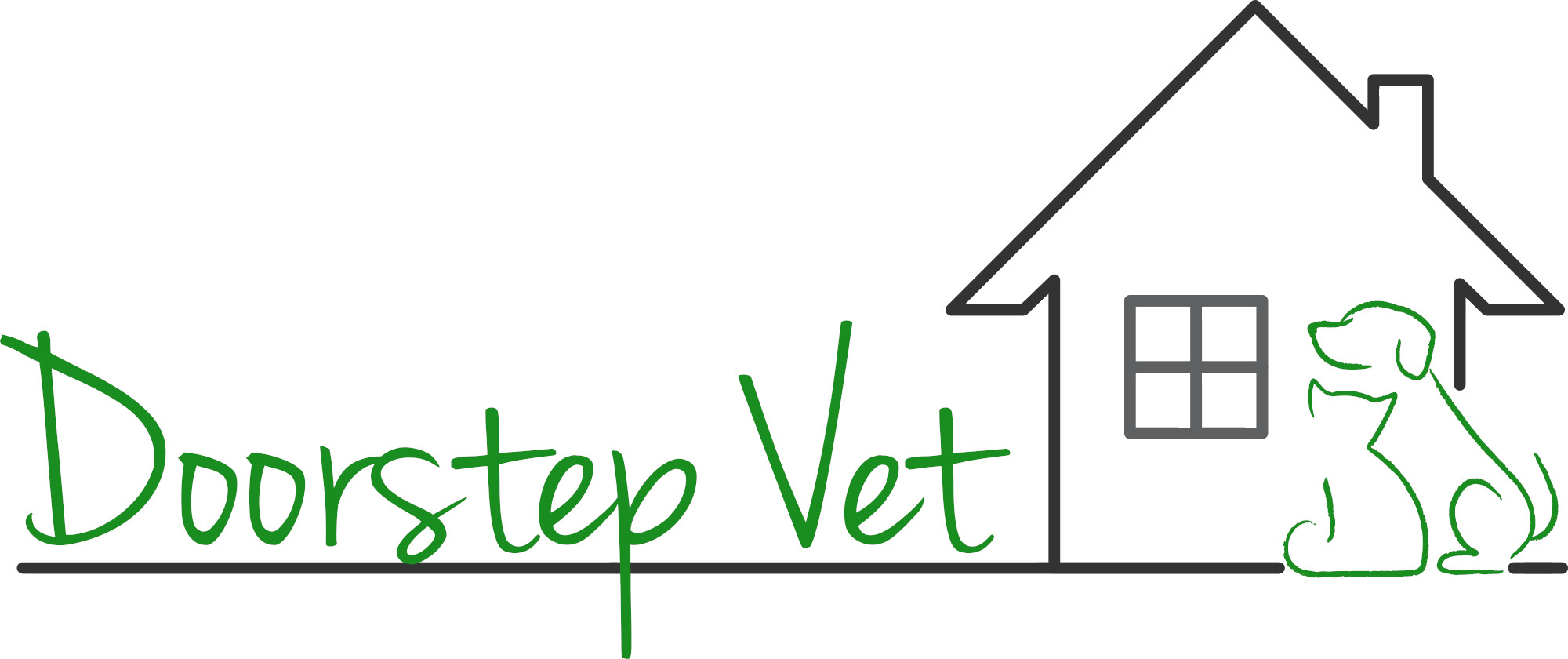Knowing the Right Time
Deciding to euthanize when no time is the right time.
Knowing the Right Time

If you are here reading this, it means you probably have at least a passing interest in animals. More likely, you are already sharing your life and your home with a furball or two (or more). As our best friends get older, we are often faced with some difficult decisions and some hard times.
Sometimes diseases progress rapidly and nature takes the decisions out of our hands. In those cases, many pet owners wish they had more time, a slower disease process to allow them to come to terms with their new reality a little bit more gradually, to give them time to say goodbye. I find, though, that a sudden or all-encompassing disease can be a blessing in disguise because it lifts the burden of making difficult decisions from our shoulders. And by not having that time and those choices, there is often a lot less guilt.
But, for better or worse, pets often suffer from conditions that linger and cause serious quality of life concerns. We, as the custodians of our pets’ well-being, are often called upon to make difficult decisions regarding end-of-life. If your pet is going through a disease that has a long trajectory with an extended period of poor quality of life, as with some cancers, you may find yourself considering euthanasia. If your pet has a non-fatal disease that significantly impacts quality of life, such as severe arthritis, you could also have to elect euthanasia to avoid undue suffering because your pet is not likely to die naturally of their condition. Finally, if your pet has a disease that is not currently causing an unacceptable quality of life but there is a significant risk of a sudden and severe worsening, such as with tumors on the spleen or heart, you may find yourself considering euthanasia simply to avoid your pet ever having to experience that suffering.
Whatever the reason, when faced with the prospect of deciding to euthanize our pets, our family members really, we can become paralyzed with a lot of emotions. They are pretty normal, but some of them are, I think, inappropriate–and I’m going to tell you why.
Fear of Judgement
A lot of clients are noticeably embarrassed or afraid that we will think they are not a good pet owner when they decline to pursue aggressive treatment or when they elect euthanasia for their pet. I can’t blame them, it is natural to want approval of those around you and to be concerned that you are being judged. While I cannot promise you that others would never judge you during such a time, I can encourage you to disregard this concern as much as possible. I can tell you that I find the idea of judging somebody making such a difficult choice is repugnant and one of the founding principles of Doorstep Vet is to reserve just such judgement. It is important to us that every one of our clients feels accepted and supported.
At the end of the day, whether you feel judged or not, whether you are judged or not–you just need to try your hardest not to care. At this time, of all times, you need to do what is right for you and for your pet. If someone around you is not able to support that relationship in a loving and helpful way–do not allow them to be a part of this moment. Make choices out of love and you will not have to worry. You’ll never regret doing what you feel is right, but you very well may regret making a different choice because of outside pressure–whether real or perceived.
Feelings of Selfishness
Many people struggle with feelings that they are making selfish choices when they consider euthanasia for their pet. The decision to euthanize is based on many factors. We often recognize our pet’s quality of life as the sole issue to be concerned with, but it is not. There are four budgets that you have to balance to manage a failing pet. This is a well-accepted principle of hospice care in human medicine and it applies to our pets, too.
The first is financial. What is the point of keeping your pet alive and comfortable if you lose the roof over their head? While that is an extreme example, the point remains–you do yourself and your pet a disservice if you pretend that finances don’t matter.
The next is a physical budget. Ailing pets require a certain amount of nursing care. That might mean that you have to use a sling to help your 140 pound paralyzed Great Dane to go outside or it might mean that you have to express your cat’s bladder 4-5 times a day. Not everyone is physically or technically capable of performing the needed nursing care and that is just a fact of life, not a place to lay blame.
You and your family also have an emotional budget to consider, and emotional needs should not be ignored. Some of us have previous experience with lost loved ones that color our choices. For example, I saw my grandmother become very sick with a painful cancer and she essentially starved to death in the end when she stopped eating and refused IV nutrition. If I had a pet in a similar situation, I might opt for euthanasia much earlier in the process than my husband would because of my experiences. Everyone’s decisions are colored by their experiences and it is appropriate to acknowledge and embrace that fact.
Finally, there is a time budget. Some of us have demanding work schedules that prevent necessary nursing care. One of the most common areas where I find people feeling selfish is when they consider euthanasia in the face of an upcoming vacation. It may not be surprising that this would feel selfish–but it should not. Life does go on. You may not want your pet to have a crisis while you are away, or you may not want what little time your pet has left to be spent in discomfort or anxiety at a kennel. These are valid reasons and shared by many other pet owners.
It is normal to feel selfish during this time. It is important to remember, though, not to neglect your pet’s closest friends and family (that’s you!). There are many right ways to go through this process, but completely taking yourself and your needs out of the equation is definitely not one of them.
Guilt
That’s what this is all about, isn’t it? All of the things that cause us to have these negative emotions and to worry surround a feeling of guilt. Guilt that you didn’t notice your pet’s situation sooner. Guilt that you have maybe elected not to pursue treatment or diagnostics. Guilt that you are considering making such an important choice for your pet and they don’t really get a say. Guilt makes us feel ashamed, selfish.
You might have heard that “when it is time, you’ll know”. I would respectfully submit that that is nonsense. Yes, sometimes nature takes a sharp left turn and things become quite obvious. But most often there isn’t a specific time that is right but rather a range of right times. You decide that today my best friend gets to be alive but tomorrow he doesn’t. It’s the hardest thing in the world.
There isn’t one right time for most of our pets, and the problem isn’t that there is NO right time, either. There are a lot of right times, really. When I hear tales of regret, it is often from people who fear they waited too long. Many people would rather euthanize two weeks too soon than two minutes too late, in hindsight. If given the choice, wouldn’t you rather pass away in as much comfort and love as you could, and not in the midst of a severe medical crisis?
In the end, it isn’t about the number of days we have but it’s about how we spend them. I can’t flip a switch in you, or in myself, to turn off these counterproductive feelings. I often tell clients who are struggling with guilt that it is the problem of actually caring. But I implore you to forgive yourself for these things and try to enjoy your pet’s last days or weeks. You’ll never get them back, and while they may always be bittersweet, don’t let the bitter outweigh the sweet. And don’t forget that you aren’t alone. Other people are going through this, too. You have resources to help you make the decision to euthanize, whether it is friends and family, your regular vet and their staff, or myself or another hospice practitioner–use them. Make decisions with love and you will have no regret.
